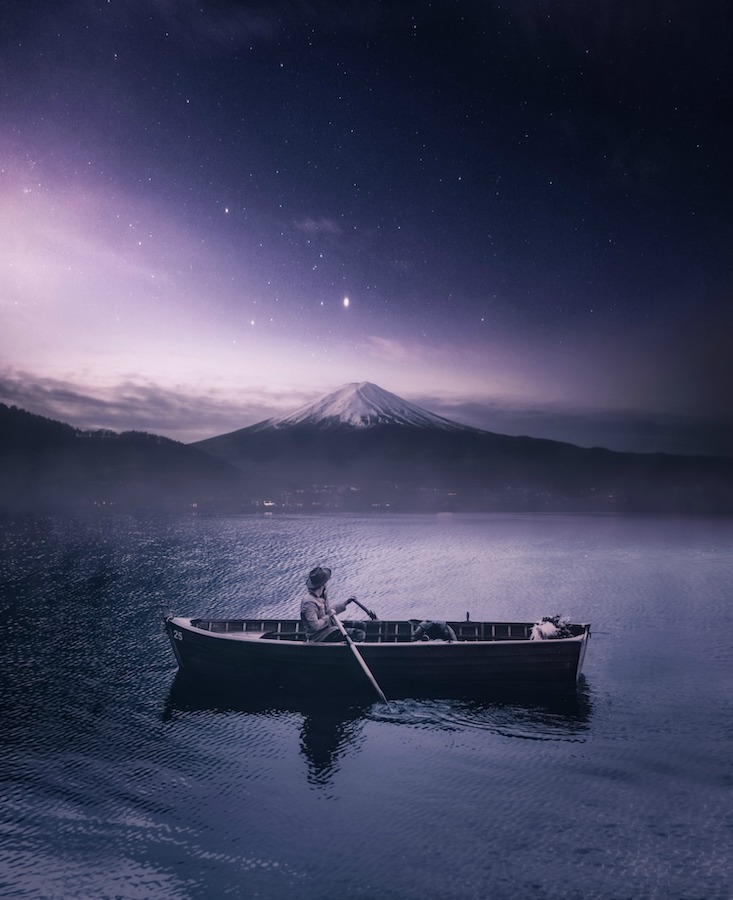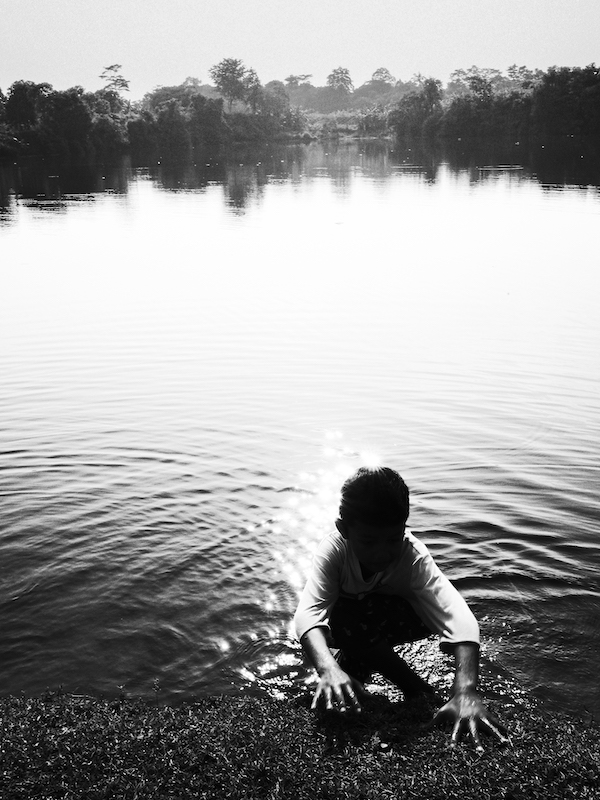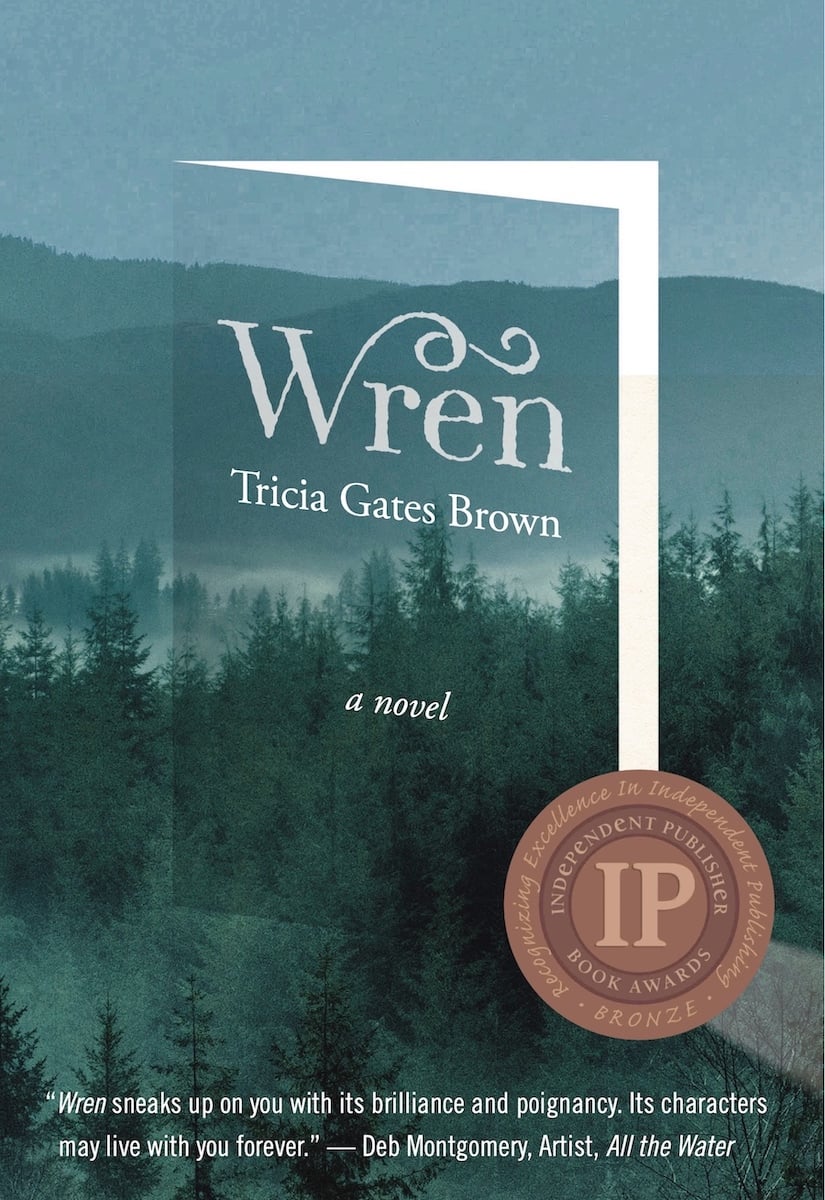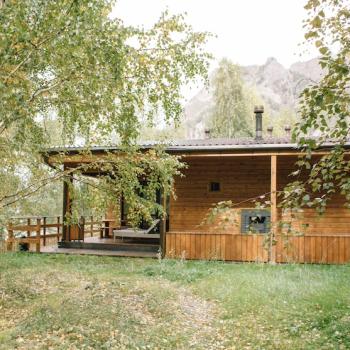
For six years in my mid-30s, I stopped attending church. I thought the only way to find truth was to get out of the pew and seek it within. Now that I am actual clergy, I smile at how much things change.
I still believe in the church of the every day, the every moment, and that truth is no more available to us in a church than in the recesses of our hearts. I still believe many churches are afraid of the quiet, individual working-out of our faith and path, wanting to silence our moments of deepest solitude because of the liberation and permission they grant. Churches, like all human institutions, struggle with the impulse to control. Yet I have obviously changed my mind in many ways. What happened?
In part, I started reading Karen Armstrong, the great scholar of religion, and I started studying myth and how religious ritual works in people. I also discovered a ritual (the Christian ritual ala Episcopalianism) that I truly enjoy, finding in it beauty, connection with others, centering, and spiritual resonance. Finally, I fell in love with the immigrant community I attended church with every Sunday evening.
What changed most in me though, at least in recent years, is my understanding of religion. Specifically, this: I came to understand that everyone is religious. We all have religions—some being a part of a major religious institution, and many not. But whatever religion we participate in, we do well to hold our religions to scrutiny. We should be conscious of our religion. For me, doing so happens to involve participating in a formal religion. But that needn’t be true for everyone.
You might say: who cares if I am conscious of my religion? So what? Who cares if I don’t have any knowledge of it? And what do you mean by religion or that all people are religious?
A religion involves the narratives/stories, rituals, beliefs, values, and everyday practices by which we derive meaning for our lives. This is what I mean by religion. And if you think people can only be religious in a traditional “formal religion” sense, pay attention to how some talk about politics or football or business/capitalism or their or their child’s primary extracurricular activity. Honestly, some of the most religious people I know have nothing to do with a religious institution. Yet they are ardent “true believers.”
What happens when one is religious without being conscious of it?
Often as my ear is tuned to great news analysts and podcasts, I hear intelligent discussions that go something like this: Because people no longer have the dominant institutions that teach them how to talk about things like death or money or sex, people are challenged to teach themselves how to talk and think about these things, starting at Square One. Or I hear: At difficult times, many modern people lack the rituals that once oriented people when a crisis happened or a milestone arose—such as a retirement or the coming-of-age of an adolescent. Thus, many modern people feel somewhat lost. Indeed, I am surprised how often I hear these sentiments and observations. They are much in the air. Astute observers recognize that we are increasingly unmoored from formal institutions/communities like religion, and we are seeing the consequences.

When unmoored, we create moorings
In my view, what is not adequately acknowledged by those noticing a breakdown in connection to tradition and a supportive, established ethical framework in American society, or an “unmooring” from these things, is that people absolutely do replace these moorings. It is natural. People do not stay generally unmoored, because our tendency is to hold on to something. In the absence of formal religions, we hold to something else—to other kinds of religion. Again, I contend we all have a religion, or religions. Modern people unaffiliated with formal religions don’t go without story/ritual/belief/values/daily practice. We just hold to these things less formally, and often much less consciously. So this is my question: In a time of crisis, celebration, or death, wouldn’t you want the thing orienting your life—your religion, your mooring—to be something healthy and substantial? Not formal religion, necessarily, but something examined, even scrutinized.
Take, for example, popular entertainment. For many, this is their religion—films and TV series. These provide the stories, rituals, beliefs, values, and meanings/motivation that structure their lives. These individuals talk frequently with others about their media intake. They live from series to series. This was especially true when people were homebound during the pandemic. I am not knocking TV and films—trust me, I love my evening Netflix as much as anyone. But if TV and films play a religious role in a person’s life in the way I define religion, wouldn’t that person want to know it? It might make them a better TV watcher. It might make them appreciate the ritual more, make them do it more consciously.
In the process of becoming ordained in the Episcopal Church, I was asked why I wanted to be ordained. In part my answer had to do with how the church is experiencing disruption, and inevitable transition into something new, and as I would say, “I want to be a part of that conversation.” As an active participant, I can wrestle with my religion every day, I can ask hard questions and try to make a difference in shaping it, I can look at what is beneficial and work to transform what is not. I can find meaning in my religion’s stories, rituals, values, beliefs and practices—which I am aware of and which I can name.


















